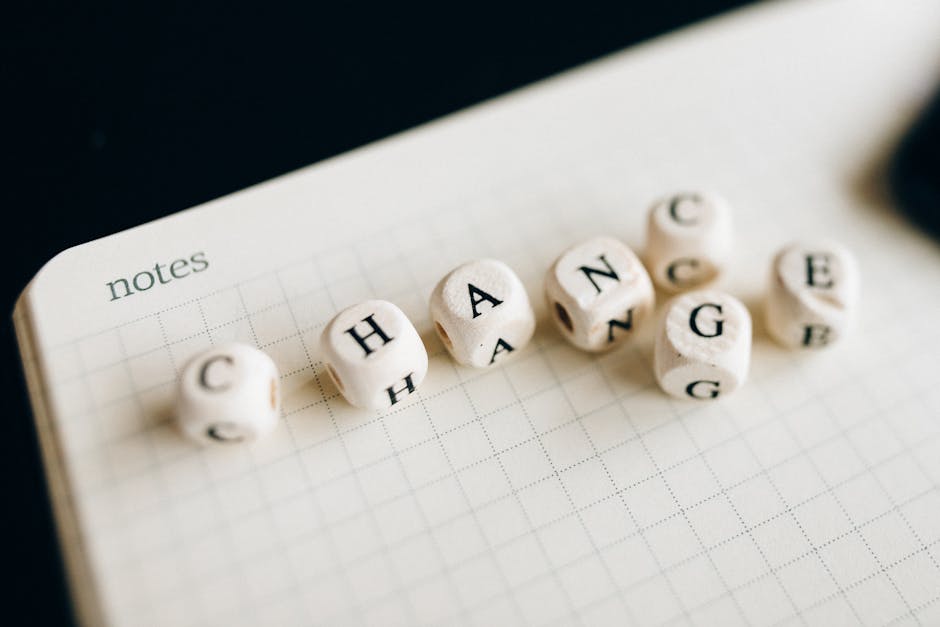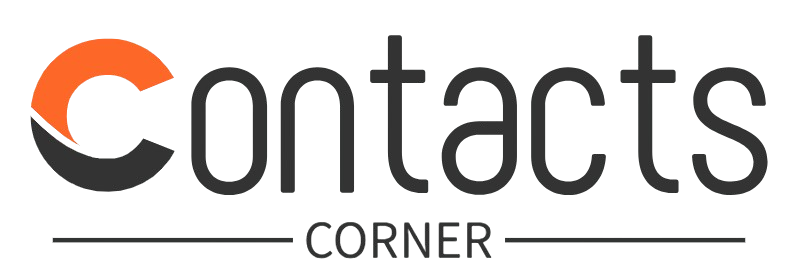The Evolution of Societal Norms
Societal norms are the unwritten rules that govern behavior within a society. These norms dictate how individuals should behave, interact, and communicate with one another. Over time, societal norms evolve in response to various factors such as cultural changes, technological advancements, and shifting values. Understanding the evolution of societal norms is crucial for comprehending the dynamics of human societies and how they adapt to changing circumstances.
Historical Perspectives

Throughout history, societal norms have undergone significant transformations. In ancient civilizations, norms were often deeply rooted in religious beliefs and social hierarchies. For example, in ancient Egypt, there were strict norms surrounding gender roles, with women expected to fulfill domestic duties while men held positions of power and authority. Similarly, in ancient Greece, norms around friendship, honor, and hospitality played a central role in shaping social interactions.
As societies evolved and transitioned into the medieval period, societal norms continued to be influenced by religious institutions and monarchies. Feudal societies in Europe, for instance, had strict norms governing the behavior of lords, vassals, and serfs. These norms dictated social hierarchy, obligations, and codes of chivalry that guided interactions between individuals of different social classes.
Industrial Revolution and Modernization

The Industrial Revolution marked a significant turning point in the evolution of societal norms. As societies shifted from agrarian economies to industrialized urban centers, new norms emerged to address the challenges of urbanization, industrialization, and mass migration. The rise of capitalism and the growth of cities led to the development of new norms around work, education, and social mobility.
During this period, societal norms around gender, family structure, and social roles also underwent significant changes. The women’s suffrage movement, for example, challenged traditional norms that confined women to domestic roles and limited their participation in public life. Similarly, changing attitudes towards marriage, divorce, and sexuality reflected evolving societal norms in response to industrialization and modernization.
Technological Advancements and Globalization

In the 21st century, technological advancements and globalization have accelerated the evolution of societal norms. The widespread adoption of the internet, social media, and mobile communication has transformed how individuals interact, communicate, and form social relationships. New norms around online etiquette, privacy, and digital citizenship have emerged to navigate the complexities of the digital age.
Globalization has also played a significant role in shaping societal norms by facilitating the exchange of ideas, cultures, and values across borders. As societies become increasingly interconnected, norms around diversity, inclusivity, and multiculturalism have gained prominence. The #MeToo movement, for instance, has brought attention to issues of gender equality, harassment, and power dynamics, leading to a reevaluation of traditional norms around gender and power.
Challenges and Controversies

Despite the progress in reshaping societal norms, there are challenges and controversies that continue to shape the evolution of norms in contemporary society. Debates around freedom of speech, political correctness, and cultural relativism highlight the complexities of navigating diverse perspectives and values within a globalized world. Balancing individual rights with societal expectations remains a key challenge in shaping equitable and inclusive societal norms.
Moreover, the rapid pace of technological change and the emergence of artificial intelligence raise questions about the ethical implications of new norms around privacy, surveillance, and data ownership. As algorithms and automation increasingly shape our daily lives, society must grapple with the implications of these technological advancements on our values, behaviors, and societal norms.
Future Trends and Implications
Looking ahead, the evolution of societal norms is likely to be influenced by emerging trends such as climate change, demographic shifts, and geopolitical instability. As the global population grows and resources become increasingly scarce, new norms around sustainability, conservation, and environmental stewardship will become essential for addressing pressing global challenges.
Demographic shifts, including an aging population and increasing cultural diversity, will also shape future societal norms around intergenerational relationships, healthcare, and multiculturalism. Embracing diversity, equity, and inclusion will be crucial for fostering cohesive and resilient societies in the face of rapid demographic changes.
Conclusion
In conclusion, the evolution of societal norms reflects the dynamic nature of human societies and their capacity to adapt to changing circumstances. From ancient civilizations to the digital age, societal norms have played a central role in shaping social interactions, values, and behaviors. Understanding the historical context, contemporary challenges, and future trends of societal norms is essential for navigating the complexities of a rapidly changing world.
As we continue to grapple with issues of diversity, technology, and globalization, it is imperative to foster dialogue, empathy, and understanding to shape inclusive and equitable societal norms. By embracing change, challenging traditional norms, and advocating for social justice, we can create a more just, compassionate, and sustainable society for future generations.
To wrap things up, the evolution of societal norms is an ongoing process that requires active engagement, critical reflection, and collective action. By recognizing the power of societal norms to shape our lives and communities, we can work towards creating a more just, inclusive, and harmonious society where all individuals can thrive and contribute to the common good.




